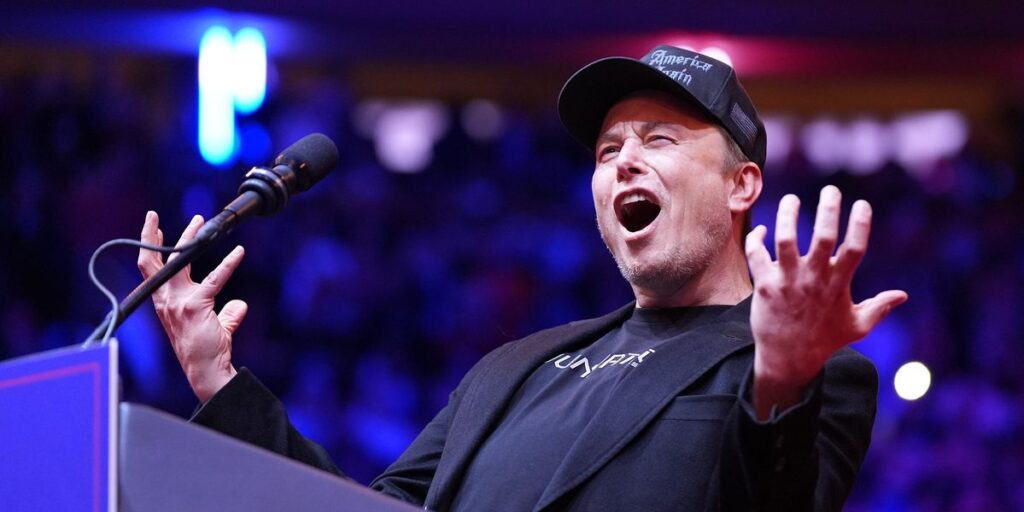Elon Musk, the CEO of Tesla and X, recently participated in a significant call involving former President Donald Trump and Ukrainian President Volodymyr Zelensky. This interaction highlighted Musk’s potential influence in a possible second Trump administration. Sources from news outlets such as The New York Times and Axios confirmed Musk’s involvement, with reports indicating that Trump directly handed over the phone to Musk during the conversation. Although the specifics of their discussion around U.S. policy on Ukraine and its ongoing conflict with Russia remain unclear, there was a note of optimism from Zelensky, suggesting that he did not come away from the call feeling hopeless about international support.
During the call, Musk reaffirmed his support for Ukraine, particularly through his provision of Starlink satellites, which have been critical in maintaining communication lines impacted by Russian military actions. Reports indicate that Musk’s positive stance during the call contrasted with previous instances in which he publicly expressed skepticism towards Ukrainian requests for U.S. military aid. Additionally, his hesitance to activate Starlink services in certain Ukrainian regions has drawn scrutiny, underscoring the complexity of his position and actions regarding support for Ukraine amidst the war.
Musk’s close association with Trump has been evident, particularly as the tech billionaire was seen more frequently by Trump’s side leading up to the election. Having invested over $130 million into Trump’s campaign, Musk appears positioned to play a significant role in a Trump presidency should Trump reclaim the White House. This notion was bolstered by Trump’s comments during a recent victory speech where he praised Musk as a “super genius,” signaling a partnership that could influence various aspects of governance.
The dynamics of Trump’s foreign policy, particularly in relation to Russia, add a layer of complexity to Musk’s involvement. Trump’s admiration for Russian President Vladimir Putin raises questions about how U.S. support for Ukraine might be shaped in a second Trump administration. Reports suggest that Trump has engaged in conversations with Putin after his presidency, highlighting a connection that could impact U.S. strategy towards Ukraine, especially as Russia continues its military advancements.
Elon Musk has also hinted at major governmental changes should he have a hand in a future administration, indicating plans for a sweeping review of federal agencies, potentially leading to substantial budget cuts. His ambitions for reducing federal expenditures by at least $2 trillion in tandem with his support for Ukraine hint at a fiscally conservative approach, which may influence Trump’s policy-making priorities.
As these narratives unfold, the intersection of technology, foreign policy, and governance becomes increasingly critical. Musk’s role in bridging communications for Ukraine through technology juxtaposed with Trump’s foreign policy inclinations presents a complex future landscape. As both figures gain momentum, analysts and international observers are left to ponder the implications of their interactions and the broader impact on global politics and aid strategies moving forward.

